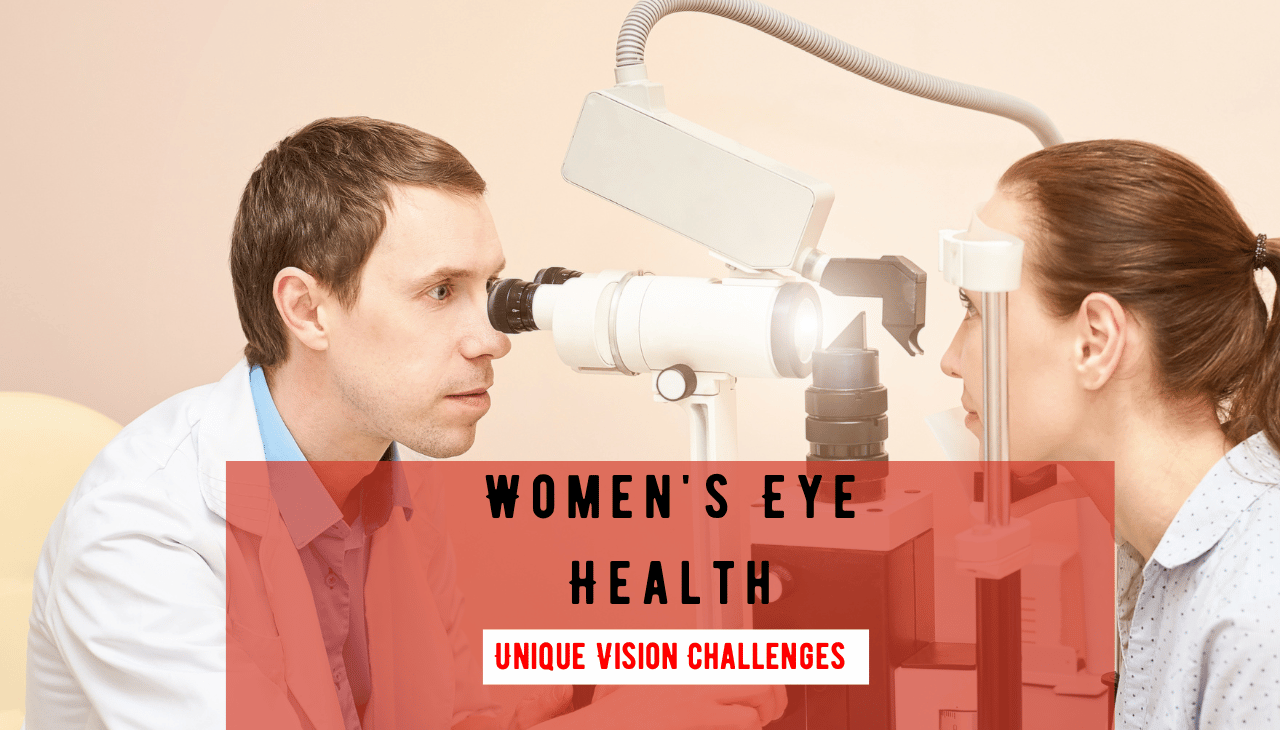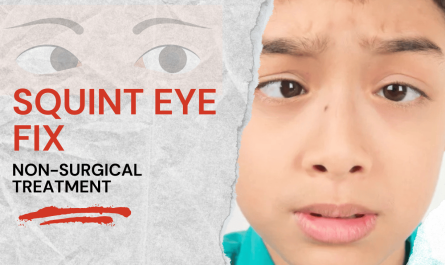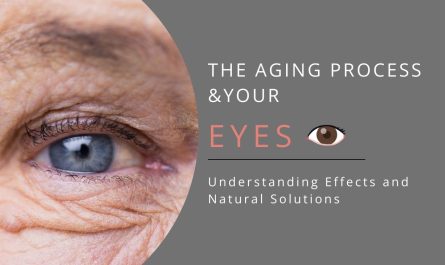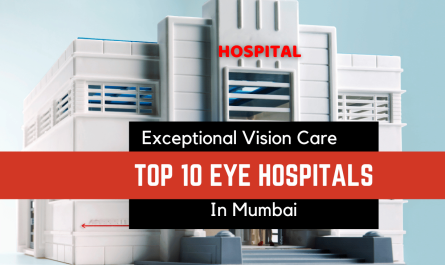Women experience unique health challenges throughout their lives, and vision is no exception. From hormonal changes to age-related conditions, women’s eye health requires special attention. Studies show that women are more likely than men to suffer from vision-related problems, making this topic both timely and essential. This blog explores the key vision challenges faced by women, their causes, common symptoms, available treatments, and tips to maintain optimal eye health.
Understanding Women’s Eye Health

Women’s eye health refers to the prevention, diagnosis, and treatment of eye conditions that are either unique to women or more prevalent among them. While men and women share many of the same eye diseases, women are more susceptible to specific issues due to biological, hormonal, and lifestyle factors. Conditions like dry eye syndrome, age-related macular degeneration, and autoimmune-related eye diseases disproportionately affect women.
Common Vision Issues in Women
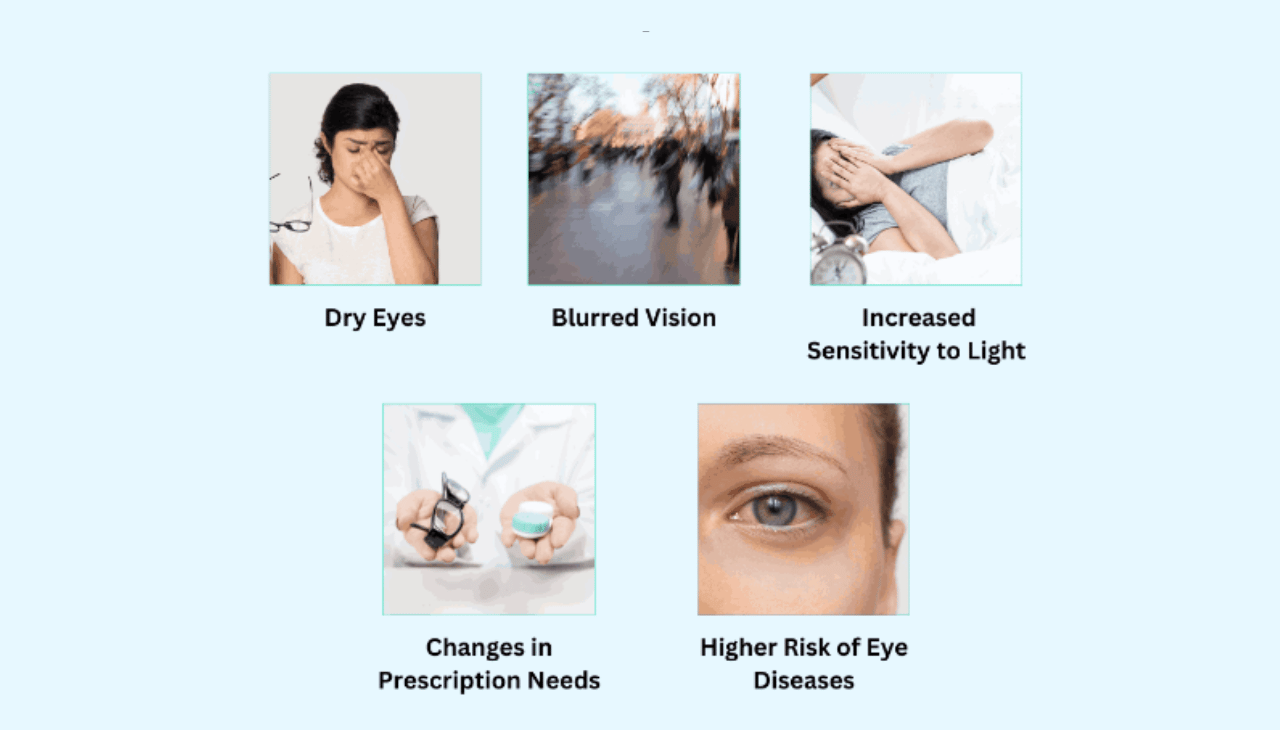
- Dry Eye Syndrome: Women, especially postmenopausal, are at a higher risk of dry eye due to hormonal fluctuations.
- Cataracts: A clouding of the eye’s lens, cataracts are more common in older women and can impair vision gradually.
- Glaucoma: Often hereditary and more prevalent in women over 60, glaucoma can lead to blindness if untreated.
- Macular Degeneration: This condition affects central vision and is a leading cause of vision loss in aging women.
- Autoimmune Diseases: Conditions like lupus and rheumatoid arthritis, more common in women, often come with ocular symptoms.
Hormonal Impact on Eye Health
Hormones play a significant role in a woman’s eye health.
- Pregnancy can cause temporary changes such as blurry vision or dry eyes.
- Menopause leads to reduced estrogen levels, often resulting in dry eye syndrome.
- Birth Control Pills may slightly increase the risk of developing conditions like dry eyes or retinal clots.
Treatment Options and Best Practices
- Regular Eye Exams: Early detection is key. Women should have annual eye checkups, especially after 40.
- Lubricating Eye Drops: Helpful for dry eye relief.
- Protective Eyewear: Sunglasses with UV protection can prevent long-term damage.
- Healthy Diet: Nutrients like Omega-3s, Vitamin A, C, and E support eye health.
- Managing Chronic Conditions: Proper control of diabetes, blood pressure, and autoimmune diseases can prevent vision loss.
Lifestyle Tips for Healthy Eyes
- Stay hydrated to support tear production.
- Limit screen time and follow the 20-20-20 rule.
- Quit smoking as it increases the risk of macular degeneration and cataracts.
- Use makeup cautiously; avoid expired products and always remove them before sleeping.
Preventive Care for Every Life Stage
- In Your 20s & 30s: Wear sunglasses, use digital screens wisely, and go for regular checkups.
- In Your 40s & 50s: Watch out for presbyopia and early signs of glaucoma or cataracts.
- 60 and Beyond: Get comprehensive dilated eye exams to monitor for age-related changes.
When to See an Eye Specialist
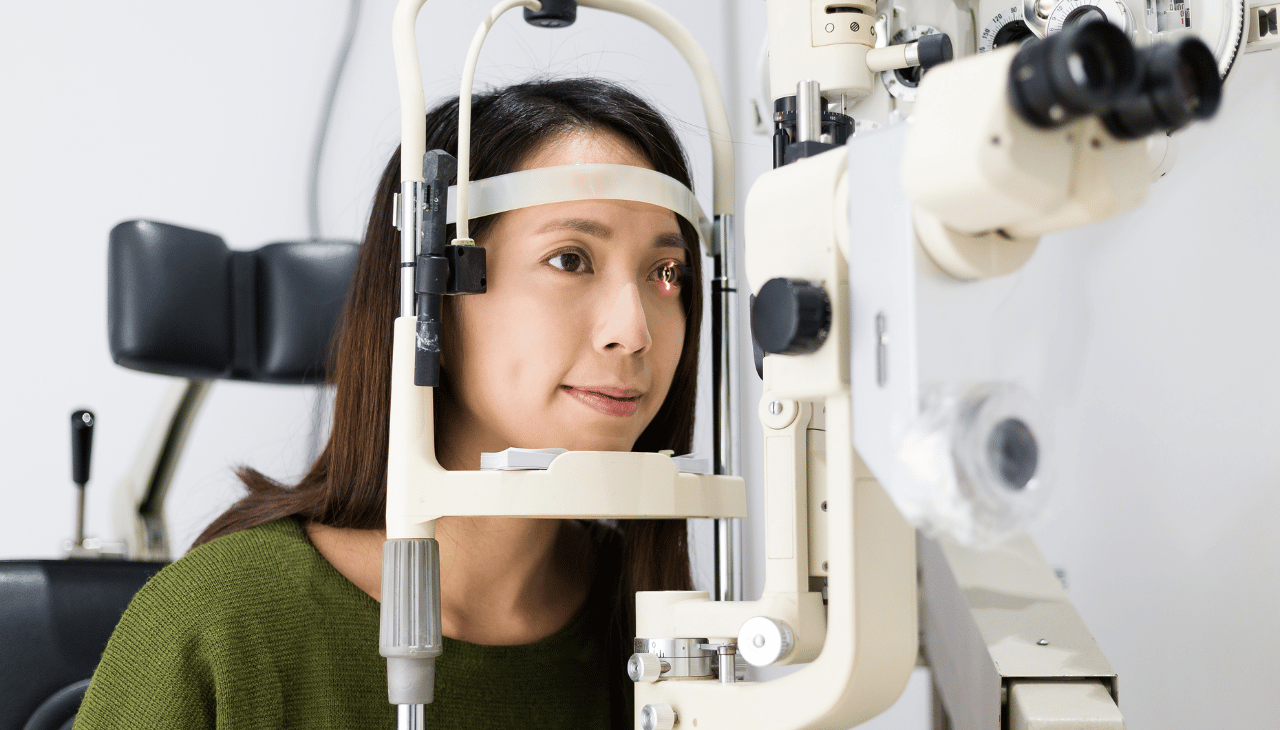
- Persistent dryness, redness, or discomfort
- Sudden vision loss or blurriness
- Flashes of light or floaters
- Difficulty seeing at night or in low light
Consult the Experts at Laxmi Eye Hospital
Laxmi Eye Hospital is one of the largest chains of eye hospitals in Mumbai, known for its excellence in the eye care industry for more than 30 years. Experienced eye doctors and transparent treatment protocols make it a trusted name in ophthalmology. Laxmi Eye Hospital offers best-in-class diagnostics and sophisticated eye care across its branches in Panvel, Kharghar, Kamothe, and Dombivli. Whether it’s Cataract, LASIK, Glaucoma, or Retina Treatment, they offer comprehensive services under one roof at an affordable cost.
Laxmi Eye Institute runs one of the longest-standing and most reputed cataract surgical training programs, including SICS and Phacoemulsification. They specialize in Specs Removal / LASIK (Bladeless LASIK, ICL and IPCL, Contoura Vision LASIK), Cataract, Glaucoma, Diabetic Eye Care, Cornea Clinic (Keratoconus, Eye Donation), Retina Treatment, and Pediatric Ophthalmology.
Book a Consultation at Your Nearest Location:
- Laxmi Eye Clinic (Dombivli): 1st Floor, Laxmi Eye Institute, SS Business Park, Gharda Circle, Dombivli East, Mumbai, Maharashtra 421201
- Laxmi Eye Clinic (Kharghar): Office 108-110, Anant CHS Plot 31, Sector 04, Kharghar, Navi Mumbai, Maharashtra 410210
- Laxmi Eye Hospital (Panvel): Mulla Hamid Rd, Old Panvel, Navi Mumbai, Maharashtra 410206
- Laxmi Eye Institute (Kamothe): Shop No. 26/27, Near ICICI Bank, Pratik Gardens, Plot No. 153 to 165, Sector 34, Kamothe, Navi Mumbai, Maharashtra 410209
FAQs
1. Are women more prone to vision problems than men?
Yes, studies suggest that women are at a higher risk due to hormonal changes and longer life expectancy.
2. Can pregnancy affect vision?
Yes, pregnancy can cause temporary vision changes due to fluid retention and hormonal shifts.
3. What are early signs of eye issues in women?
Dryness, blurry vision, sensitivity to light, and eye pain are common early signs.
4. Is LASIK safe for women?
Yes, LASIK is safe, but pregnant and breastfeeding women should wait before undergoing the procedure.
5. Do hormonal changes during menopause affect vision?
Yes, reduced estrogen levels can lead to dry eyes and discomfort.
6. How often should women get their eyes checked?
Annually, especially after the age of 40 or if there are existing health conditions.
7. Can makeup cause eye problems?
Yes, expired or shared makeup can lead to infections or allergic reactions.
8. What foods promote good eye health?
Leafy greens, fish rich in Omega-3s, citrus fruits, nuts, and carrots are excellent for eye health.
Conclusion
Women’s eye health is a crucial yet often overlooked aspect of overall well-being. Understanding how hormonal shifts, age, and lifestyle impact vision can empower women to take proactive steps. With regular screenings and expert care from trusted institutions like Laxmi Eye Hospital, women can enjoy healthy vision at every stage of life. Prioritize your eyes today—they deserve it.

